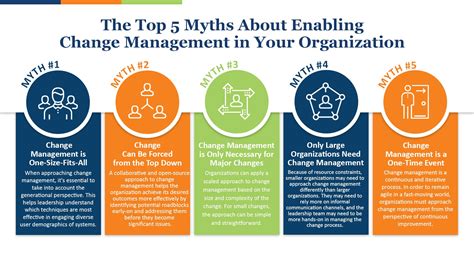Understand the role of validators in the Ethereum ecosystem (eth)
The Ethereum Platform, a decentralized autonomous organization (DAO) built on the Sknnca Testing Consensus algorithm (POS), has revolutionized the way we think about blockchain technology. One of the key components that allow this revolutionary technology is the role of validators in the Ethereum ecosystem.
What are the validators?
In the context of the cryptocurrency, the validators are nodes in the Ethereum network that validate the transactions and maintain the integrity of the block chain. They play a crucial role to guarantee the safety and stability of the network verifying the validity of each block and update the block chain with new data.
The role of validators in the Ethereum ecosystem
Validators have several key responsibilities within the Ethereum ecosystem:
- Validation of transactions : Validators verify that transactions are valid, completed and conform to the rules established by the Ethereum protocol.
- Block formation : Validators help create new blocks validating incoming transactions and updating the block chain with the most recent information.
- Consensus mechanism : Validators participate in the consensus mechanism, which guarantees that all nodes in the network agree in the state of the block chain.
- Network security

: Validators protect the Ethereum network from malicious activities, such as 51%attacks, maintaining a safe and decentralized voting system.
Why are validators important?
The role of validators is essential for the success of the Ethereum ecosystem for several reasons:
- Security
: Validators ensure that the network remains safe and decentralized, preventing malicious actors from interrupting the block chain.
- Stability : The consensus mechanism is based on the collective effort of validators to maintain a stable and transparent block chain.
- Efficiency : Validators optimize network efficiency by administering transaction flow and maintaining the consistency of the data.
Types of validators
There are several types of validators in the Ethereum ecosystem:
- Validador Eth1x : This type of validator is responsible for creating new blocks and updating the block chain with new information.
- Validador Eth2a : This type of validator participates in the next Eth2 (Ethereum 2.0) protocol, which promises to increase scalability and safety.
Benefits of validators
The role of validators offers several benefits:
- Increased security : When verifying transactions, validators protect the network of malicious activities.
- Improved efficiency : Optimized validates ensure that the data is processed efficiently, reducing waiting times for users.
- Improved transparency : The transparent voting system allows all nodes in the network to see the state of the block chain.
Conclusion
In conclusion, the role of validators in the Ethereum ecosystem plays a vital role in maintaining the safety and stability of the network. When verifying transactions, creating new blocks and participating in the consensus mechanism, validates ensure that the Ethereum platform remains decentralized, safe and efficient. As the Ethereum ecosystem continues to evolve, it is essential that the validators remain vigilant and continue to adapt to the changing requirements of the network.
Additional resources
- [Ethereum.org] (
- [Cryptoslate] (
- [COINDESK] (
Note: The information provided in this article is only for educational purposes. It is essential to stay updated with the latest developments and changes in the Ethereum ecosystem, as well as any update or modification to the roles of the validators within it.
 VN
VN